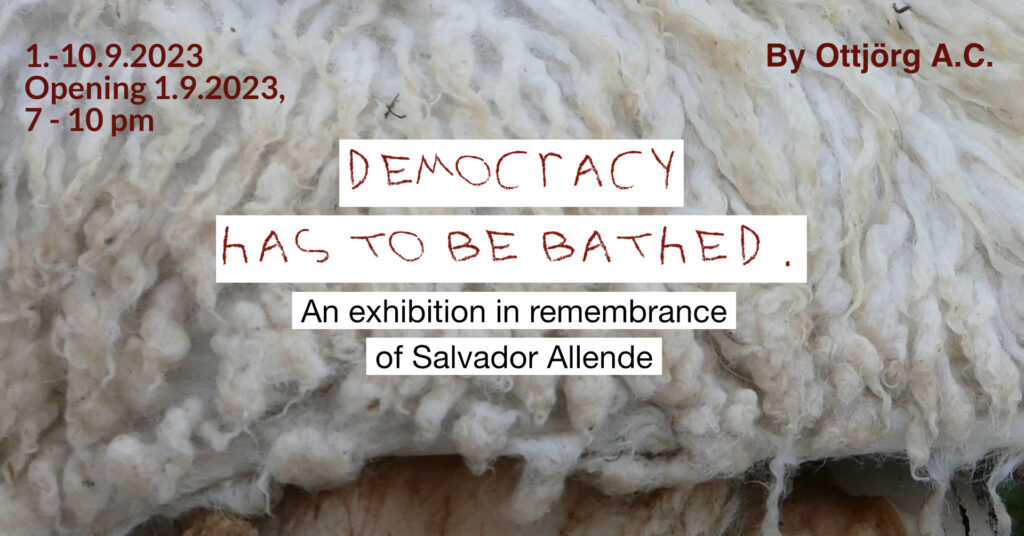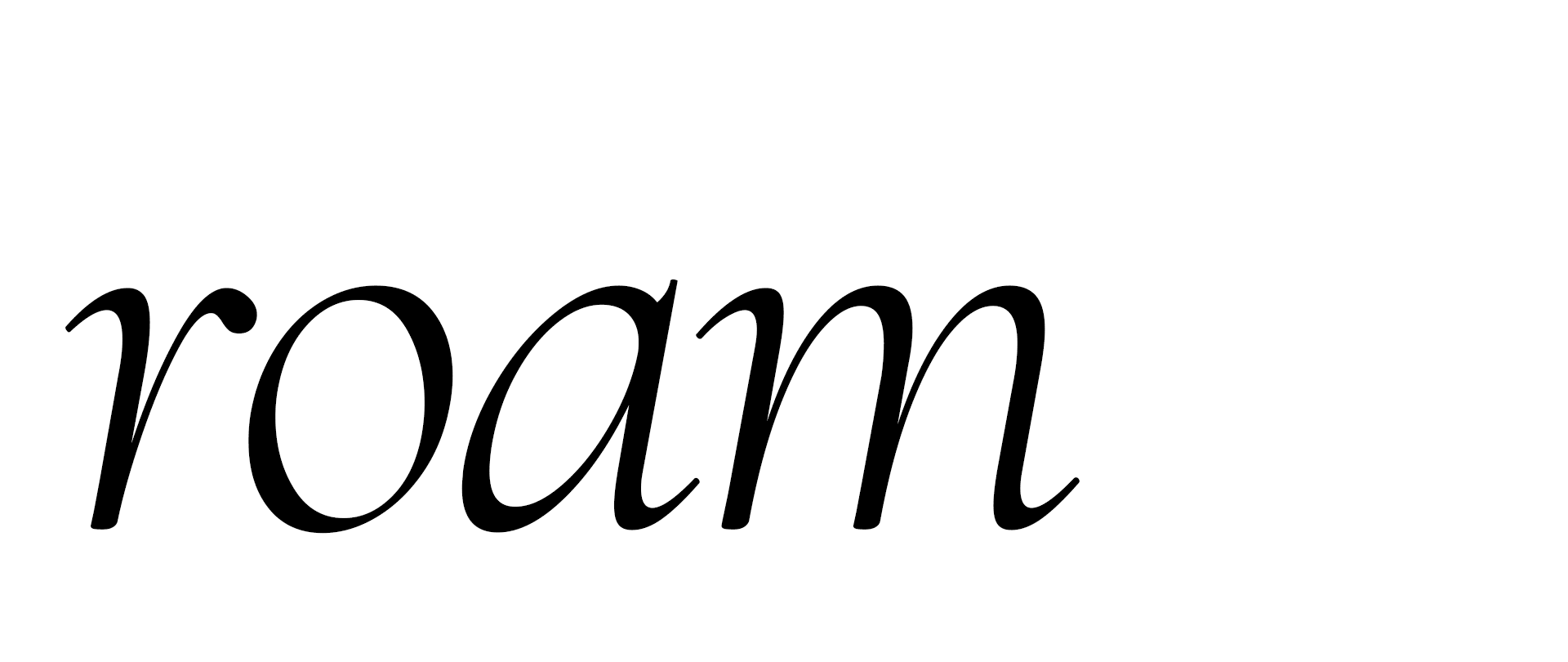
Step into a realm of historical reflection and remembrance. Join us for the upcoming exhibition ‘Democracy Has To Be Bathed’, a tribute to Salvador Allende by Ottjörg A.C.
September 11, 2023 marks the 50th anniversary of the death of Salvador Allende. Allende (1908–1973) served as the 28th president of Chile from 1970 till his death. He was the first Socialist to be elected president in a democracy in Latin America.
As a founding member of the Socialist party of Chile in 1933, he had been a prominent figure in Chilean politics for 40 years. On 11 September 1973, he was deposed in a coup d’état led by General Augusto Pinochet and supported by the CIA. Allende committed suicide later that day. Pinochet’s dictatorship lasted until 1990.
The putschist, Augusto Pinochet, in Time Magazine (October 1, 1973): “Democracy carries within its breast the seed of its own destruction. There is a saying that democracy has to be bathed occasionally in blood so that it can continue to be democracy.”
This was the event that politicised me when I was not quite 15 years old. In 1969, my father had applied for a job in the Chilean seaport of Valparaíso. Fortunately, as it turned out, he didn’t get it. His candidacy had sparked my interest in the region, especially since it was part of my family’s narrative that an aunt from Buenos Aires, the capital of Argentina, was present at my baptism.
The coup was a shock. The images of the thousands of arrests in the National soccer stadium have remained. It quickly became clear that US-interests were at stake. This was not Hollywood, not jazz, rock and roll, or pop music. In high school, we wrote essays on the aphorism of Stanisław Jerzy Lec, a Polish writer born in what is now Ukraine: You cannot play the Song of Freedom on an instrument of oppression. Why does the country of freedom, the USA, which contributed to liberating us from national socialism, play this instrument? Fifty years later, I am at the age when Allende sought suicide rather than humiliation. I still have no answer.
What followed was neoliberalism, for which Chile was definitely an experimental field. Read the story Adam Smith tells us in The Wealth of Nations (1776) and the invisible hand is revealed in secret agreements. This is only one example of the geopolitical power games and economic interests of the so-called “West” in the region. In the mid-19th century, Paraguay saw a rapid development in bourgeois society and a fast-growing economy. This was not in the imperial interests of Britain and in 1870, this development came to an end. The Paraguayan War divided and destroyed the country. Paraguay never recovered from the war started by Britain and fought by Brazil, Argentina, and Uruguay. For Britain, Uruguay was firmly implied due to its bulwark position, enabling maritime control over access to Paraguay.
500 years after the British blood laws and the French Code noir and 50 years after the Pinochet’s coup in Chile, it is urgent to think more about decolonization rather than to carry it around like a monstrance.
Opening: Sept. 1, 7–10 pm
Exhibition: Sept. 1-10
Finissage: Saturday, Sept. 9, 4–8 pm
5 pm talk with Ottjörg A.C. and Dr. Helen Adkins
+ open by appointment: team@roam-projects.eu
Lindenstraße 91,
10969 Berlin
Entrance at the rear of the building facing the W. Michael Blumenthal Academy of the Jewish Museum Berlin
